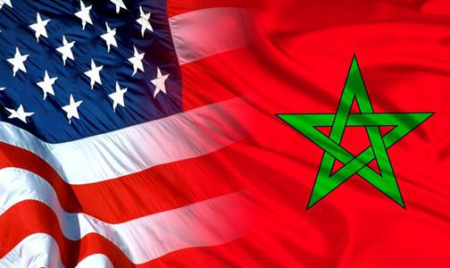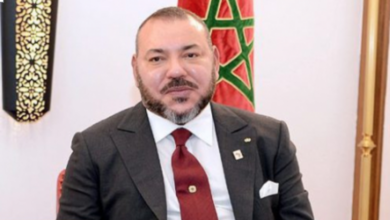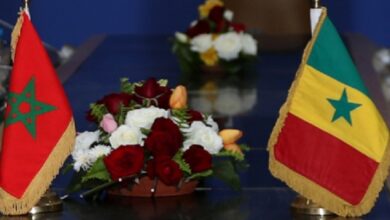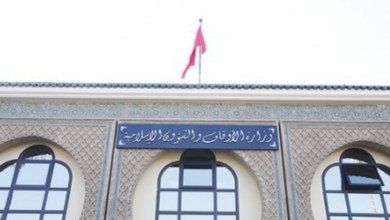Morocco-U.S.: Strong Cooperation in Education Celebrated in Washington

Speaking in the presence of dozens of scholarship recipients as well as officials from the State Department and the Moroccan-American Commission for Educational and Cultural Exchange (MACECE), Morocco’s ambassador to the United States, Youssef Amrani, stressed the importance of academic and cultural exchanges between the two countries which are, according to him, of paramount importance for the promotion of the values of peace, openness and tolerance of Morocco which “is experiencing an exceptional moment in its lucid approach towards modernity and respect for diversity”.
”The priority given to education is fully in line with the ambitious vision of His Majesty King Mohammed VI as outlined in the New Development Model and which sets clear goals for our youth by 2035,” the diplomat pointed out.
“Morocco and the U.S. share a long history of diplomatic relations and cultural exchange. It is through these exchanges that we have the opportunity to deepen our understanding of each other’s cultures, traditions, and perspectives,” Mr Amrani stressed.
The ambassador underlined the importance of these exchanges in building bridges of understanding, promoting peace and prosperity, and empowering the next generation of leaders to tackle the complex challenges of our time.
For the past four decades, the Fulbright program “has been instrumental in building bridges between our countries, fostering mutual respect, and cultivating lifelong friendships,” he said.
In her turn, the MACECE Executive Director, Rebecca Geffner, stressed the significant role of Moroccan and American Fulbrighters in promoting mutual understanding between the two countries.
“Since 1982, the binational Commission in Morocco has been actively promoting the vital friendship between the US and Morocco through educational and cultural exchange,” she said, adding that “since its founding, MACECE has built a community of over 4,000 Moroccan and American alumni.”
The MACECE seeks to promote friendly relations between Morocco and the United States by facilitating academic and cultural exchanges between the two countries.
As the main body in charge of this mission, it enjoys financial, management and administrative autonomy. The Commission is managed by a binational board of commissioners and receives its primary funding from the Moroccan and U.S. governments.
Aldar: map





